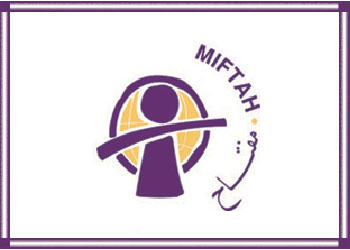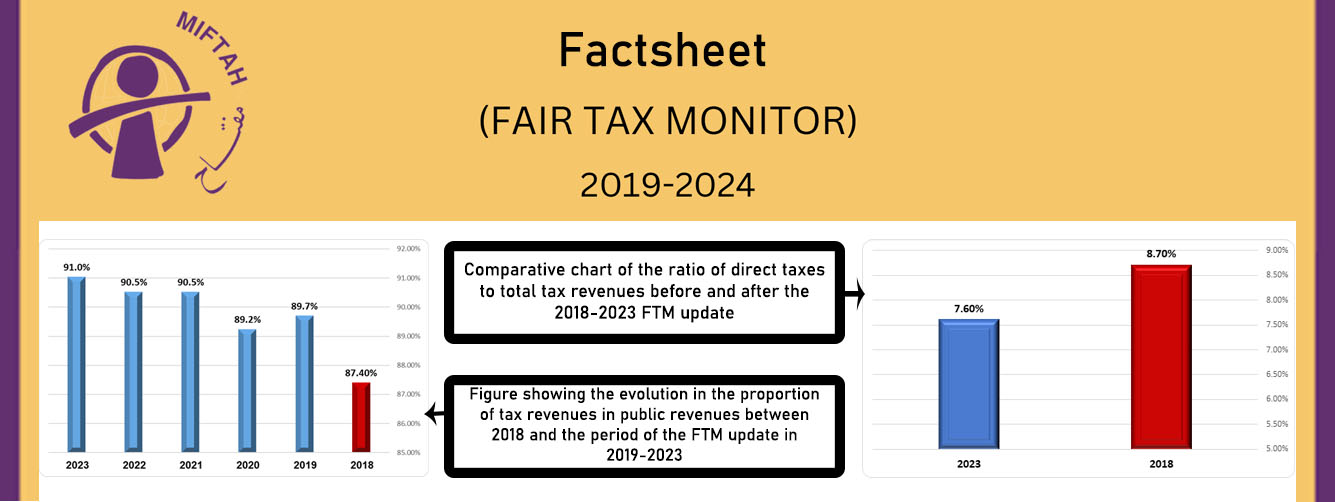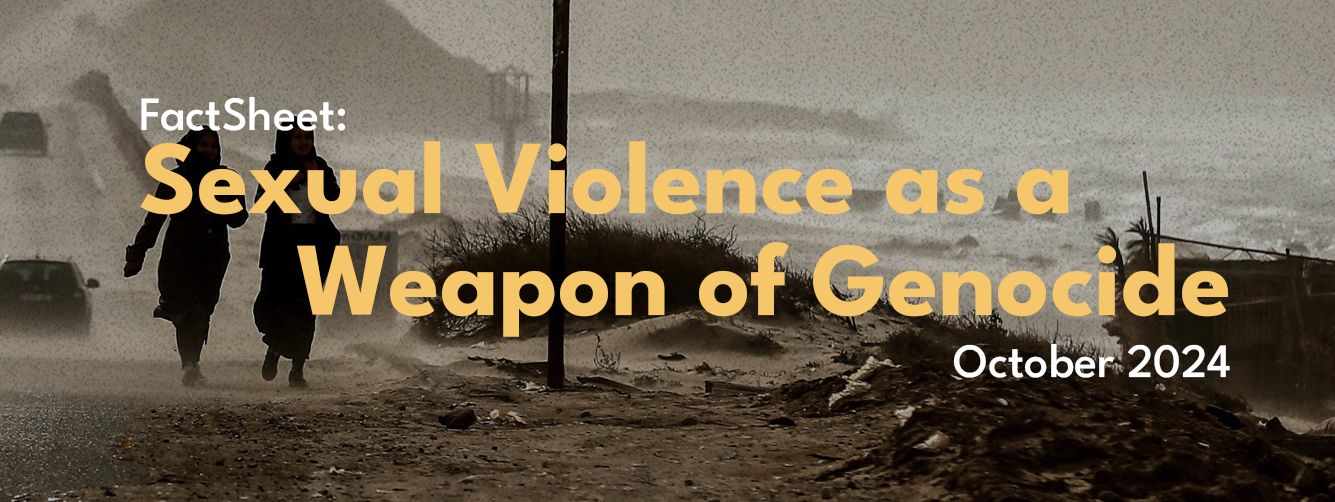
Israeli occupation authorities have always implemented a dangerous policy of house arrest against Jerusalemite children in a bid to strip them of their sense of security, safety and mental stability. This is a policy that not only burdens children mentally but also creates financial and economic burdens on their families. What’s more, it deprives them of their right to education and to exercising their normal, everyday lives like any other children, resulting in accumulated psycho-social pressures on the family. Of course, this policy is not only limited to children but applies to many of Jerusalem’s Palestinian residents. Even officials such as Governor Adnan Gheith have been put under house arrest several times. However, children are the broadest sector affected by this policy.
Usually, Israeli authorities use this policy against children under the age of 18 and focus mostly on those under 14. This is because Israeli law does not allow children to be imprisoned under the age of 14. Instead, they place them under house arrest throughout the course of the trial, which is often very lengthy, until they come of age and can then be given an actual prison sentence. What’s more, the period of their house arrest is not retroactively included in the sentence, even if it lasts for years. According to statistics from the Prisoner Affairs Commission, there were 120 Jerusalemite children placed under house arrest in 2019, 90 children in 2018, 95 in 2017, 78 in 2016 and 60 in 2015.
Furthermore, at the domestic level, this is considered collective punishment against all family members and creates psychological barriers between children and their parents. This is because Israeli authorities make parents the legally responsible party for ensuring that their children remain at home, which means they must prevent them from leaving even if by force. If the child does leave the home, the parents are then obligated by law to inform the authorities or be held legally accountable and made to pay hefty fines. The court makes the parent sign a bond to guarantee that their child does not violate the house arrest order. In some cases, the court stipulates that the order must be carried out in a home outside of their place of residence, which means families are often forced to rent a house someplace else, thus creating even more financial burden on them. The sentence is also sometimes carried out in the home of a relative, which if prolonged, puts additional burden on the relative’s family as well.
“During the year and a half my son was under house arrest, he was under tremendous psychological strain. He tried to commit suicide three times and lived in constant fear. He also developed a sleeping disorder during this period. I suffered as well. Throughout this year and a half, I had to go with my son to meet his correctional officer every Wednesday and he would question him every time. I also went with him to court twice a month, where we spent several hours each time. I was in the house the whole time, which meant I took care of him and made sure he did not leave. I was completely separated from the outside world and my relationships with others suffered. I was imprisoned along with my son. (Maria’s testimony – Shufat Refugee Camp).
House arrest and international law:
Children everywhere are entitled to full human rights stipulated in the UN Charter, the Universal Declaration of Human Rights, the 1989 Convention on the Rights of the Child and all the international treaties and declarations that preceded these. They all confirmed the importance of the welfare of children in particular, such as the Geneva Declaration on the Rights of the Child in 1924 and the Declaration of the Rights of the Child adopted by the UN General Assembly on 20/11/1959. This is recognized in the Universal Declaration of Human Rights, the United Nations International Covenant on Civil and Political Rights (particularly Articles 23 and 24), the International Covenant on Economic, Social and Cultural Rights (particularly Article 10) and in the bylaws and statutes of the relevant agencies and international organizations on children’s rights. In addition, there are the provisions of the Declaration on Social and Legal Principles relating to the Protection and Welfare of Children, with special reference to Foster Placement and Adoption, the Beijing Principles on a model law on Juvenile Justice and the Declaration on the Protection of Women and Children in Emergency and Armed Conflict.
International human rights law and international humanitarian law provides ample space for guaranteeing the freedom of children, their protection, security and dignity in addition to guaranteeing they are not attacked and their rights preserved even in armed conflict. This is confirmed in the 1989 Convention on the Rights of the Child, its optional protocol, the Fourth Geneva Convention of 1949 and the additional protocols of 1977. The Convention on the Rights of the Child, Article 37 states: (a) No child shall be subjected to torture or other cruel, inhuman or degrading treatment or punishment… (b) No child shall be deprived of his or her liberty unlawfully or arbitrarily. The arrest, detention or imprisonment of a child shall be in conformity with the law and shall be used only as a measure of last resort and for the shortest appropriate period of time; Every child deprived of his or her liberty shall have the right to prompt access to legal and other appropriate assistance, as well as the right to challenge the legality of the deprivation of his or her liberty before a court or other competent, independent and impartial authority”.
However, in the case of house arrest, the opposite has happened. In spite of international law, which is in consensus that the arrest of children should be the last resort and for the shortest period of time, occupation authorities have made these arrests the first option in dealing with children, treating them as adults and giving them high sentences. International human rights agreements, specifically the 1989 Convention on the Rights of the Child stressed on the need for legal protection for children and to preserve their lives and dignity in a manner that safeguards their opportunities to live and grow. This is something to which occupation forces give no value. Children are often beaten, humiliated and mistreated from the moment of their arrest and are questioned and interrogated in the absence of a lawyer or their parents, both violations of international law.
After the interrogation and the start of court proceedings, children are detained in their homes as a direct, first option. This could last for prolonged periods of time, sometimes exceeding a year to 18 months during the long drawn-out trial.
What’s more, international law imposes all possible restrictions with the goal of maintaining the child’s freedom even if that child committed a grave offense. Israeli authorities, however, detain children even for minor offenses. This seemingly long-term “soft policy” is a systematic policy aimed at breaking down a child’s character from the get-go.
Furthermore, the experience of house arrest could be repeated in the same child’s life. House arrests are usually imposed during lengthy trial proceedings during which the child is ‘accused’ of carrying out a certain act. That is, house arrest is imposed even when there is no proof he/she carried out the alleged offense. Hence, the child is not “convicted”, as stipulated in international law. Still, while the court proceedings are ongoing, Israeli authorities can place the child under months of house arrest until the final verdict is made. This policy does not take into consideration the mental, health or social state of the child or the family nor of that child’s priorities and best interests regarding his/her right to a normal education. During this period, the family is financially and mentally drained and the child could lose much of his/her education or even drop out of school completely. Such a harsh punishment on children and their families constitutes a threat to their educational and professional future and threatens the family’s stability overall.
Even if the child is eventually sentenced to prison, the period of house arrest is not retroactively included in the overall prison sentence. Many times the period of house arrest is longer than the actual prison sentence. For example, a child may be under house arrest for a year and then be given a sentence of 3-6 months. These are systematic and calculated steps aimed at undermining children’s mental health, their present and their future. This is a huge crime against childhood and is in contravention of all UN conventions and measures pertaining to children.
According to clinical psychologist from the Palestinian Center for Counseling, Murad Amro, “the resistance Jerusalemite children show to going back to school could be one form of rebellion and a cry of helplessness as a result of their ‘inability to feel safe and their failed expectations of being protected. These children are trying to push back against a social system that does not grant them protection.” Amro also maintains that house arrest affects children’s relationships including with their parents. “It leads to anxiety and a feeling of helplessness and also to psychological and behavioral problems and actual physical pain.” He says the experience “impacts their ability to maintain a sense of organization and self-mastery, which are necessary components for psycho-social processes….it causes alterations in familial relations and impacts self-conception and self-respect.” Furthermore, sociology and psychology expert Mohammed Tawil said 85% of Jerusalemite children have suffered psychological disturbances as a result of their detention and house arrest. Tempers and bedwetting were the most prominent symptoms they displayed.
Defense for Children International confirms the clear discrimination of Israeli occupation authorities between dealing with Israeli children “convicted’ of breaking the law and Palestinian children ‘accused’ of the same thing. In the first case, the arrest of an Israeli child is a last resort, while in the second case, arrest is the first. Since 2000 Israeli occupation forces have arrested an estimated 10,000 Palestinian children in the West Bank . As of December 2017, there were approximately 350 Palestinian children being held in Israeli prisons and detention centers, including Ofer and Megiddo. In 2018, DCI documented 120 cases of Palestinian children detained in the West Bank. Over half of these children stated that they had been verbally mistreated, threatened, humiliated or intimidated while 75% said they were physically attacked during the period of detention. Furthermore, Israeli forces held 22 children in isolation for a period of 24 hours or more. But the end of December, 2019, 186 Palestinian children between the ages of 14 and 17 had been detained, according to data issued by Israeli prison services.
The overwhelming majority of Palestinian children who are detained by Israeli authorities are held in the Ofer detention center in the West Bank or are illegally transferred to the Megiddo Prison inside the 1948 territories [Israel] . The data collected by DCI shows that Israeli forces verbally abused, humiliated and intimidated two-thirds of these children, who were also not allowed access to legal counsel prior to their questioning. Moreover, only three children had one of their parents present with them.
Case study
Suhaib Al Awar, 14, from the town of Silwan was placed under house arrest in 2012 for a period of 12 months. He spent four months in his grandmother’s home in the town of Jabal Mukkaber, Jerusalem. Throughout this period, he was not allowed to leave the house. His grandmother was required to remain with him at all times if his mother, grandfather or uncle were not present, which paralyzed the household. Everyone was forced to devote part of their time to staying with Suhaib in the home to ensure he did not leave. The family was also made to pay a fine of NIS5000 (US$1300) and a bond of an additional NIS50,000 [US$13,000] which would have to be paid if he violated his house arrest order.
During the 12 months he was under house arrest, Suhaib was not allowed to go to school except to sit for his final exams, on condition that his mother accompanied him. Kholoud Al Araj, Suhaib’s mother, said her son’s house arrest turned the entire family into prison wardens. After it was over, Suhaib spent two years in prison and then another four years for a separate charge with no regard to the time spent under house arrest.
Suhaib is a testament of the harsh punishments meted out against children. His mother recalls that since he turned 13, he has been arrested over 10 times including a 21-month long house arrest order in a separate case.
“The hardest was his third arrest, when he was 14 years old,” his mother says. “Everything was a shock to him: the arrest itself, the interrogation, the marks of abuse and torture on his face and ears, the court sessions. He was placed under house arrest for 12 months but even then, they did not leave him alone. They summoned him to the police station five times for questioning during that period. He could not sleep, neither at night nor during the day because of the psychological pressure he was under. I would get up in the middle of the night and find him wide awake. During this period, our relationship became very strained because I was forced to be his prison warden. His father had to sign papers pledging that if the terms of Suhaib’s house arrest were violated, he would have to pay a fine of NIS50,000.”
Nonetheless, Suhaib remained ambitious and determined to sit for his high school matriculation exams even while in prison, Kholoud says. “He wants to study political science, journalism or law and that he wants to be able to speak freely, without restrictions. I cannot help but worry about his life after he is released from prison, especially in these times. Living in Silwan is like living in a minefield which can explode at any moment. I must stay optimistic…but also careful.”
“This production is part of “Youth as Human Rights Defenders” project funded by the European Instrument for Human Rights and Democracy- European Union”-
The content of this document does not reflect the official opinion of the European Union. Responsibility for the information and views expressed in the factsheet lies entirely with the authors.








